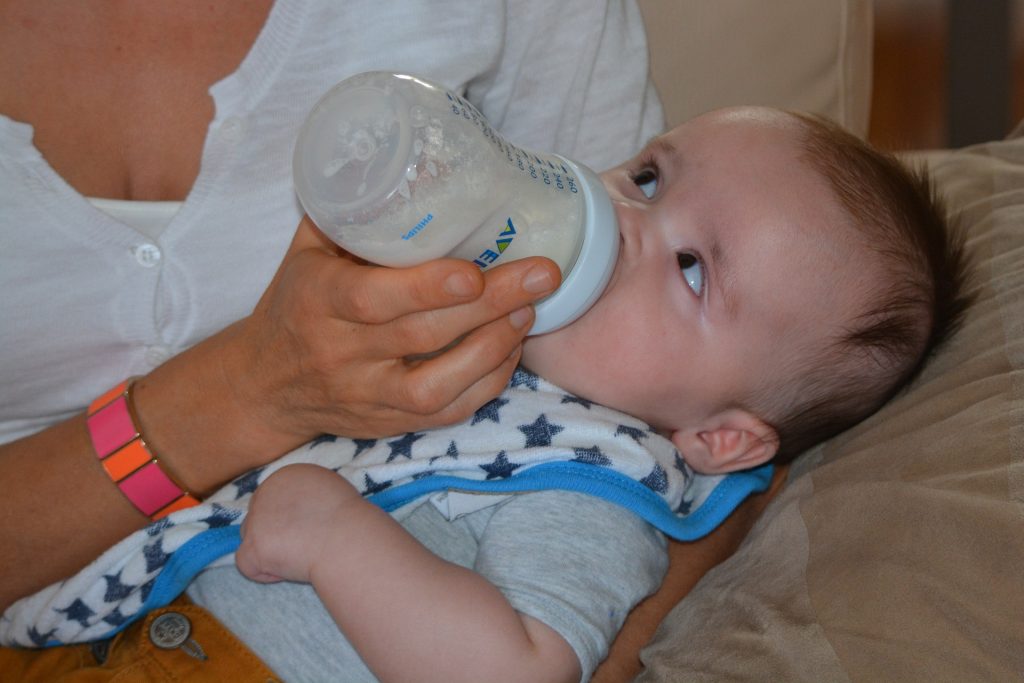State Faces Shortage of Infant Formula
Recalls of popular brands have limited supply.
A recall of popular baby formula brands earlier this year affected more than 14,000 infants in Wisconsin and continues to limit access to formula, according to state health authorities.
“It does vary a bit from week to week, from day to day,” said Kari Malone, program director for the state’s Special Supplemental Nutrition Program for Women, Infants and Children. “Still we are seeing some shortages.”
In February, Abbott closed the Michigan plant following consumer complaints related to cronobacter sakazakii and salmonella newport, according to NPR. Abbott recalled some of its powdered baby formula and later expanded the recall after learning about the death of an infant who consumed Similac and tested positive for cronobacter sakazakii.
In Wisconsin, the recalls and plant shutdown spurred a crisis. The state’s Special Supplemental Nutrition Program, under the state health department, serves thousands of families who qualify for receiving baby formula based on family income.
Chris Grover, the program’s vendor relations manager, said the USDA granted the state waivers that allowed issuing families more formula than usual and different brands of formula.
“We added over 100 different formulas in order to meet the needs that were left after the Abbott recall,” Grover said. “Those recalls weighed very heavily on some of those areas of specialty formulas.”
Malone said state health authorities received no reports of illnesses related to the recalled products in Wisconsin. But supply shortages continue to be a challenge, even as other baby formula brands seek to increase production and meet demand.
“I think it’s going to take a while for us to see a healthy market back on the shelves,” she said.
Shortages of baby formula remain months after recalls was originally published by Wisconsin Public Radio.



















